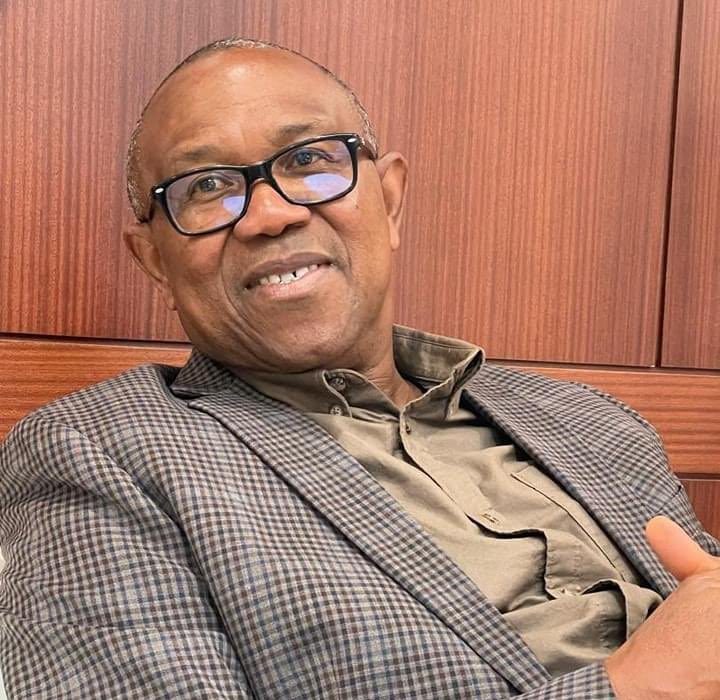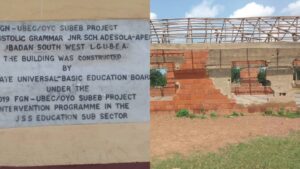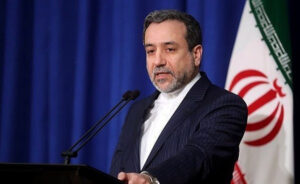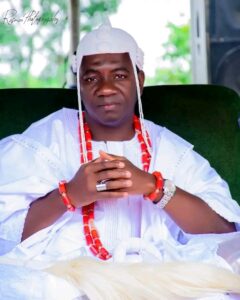
Former presidential candidate Peter Obi has criticized the recent arrest of social media commentator Martin Vincent Otse, widely known as VeryDarkMan (VDM), describing the manner of his apprehension as deeply troubling and akin to an abduction.
In a statement issued on Sunday, Obi said the nature of the arrest has unsettled many Nigerians, warning that such methods “not only instill fear but also risk being replicated by criminal actors.”
He cautioned that if citizens begin to lose the ability to distinguish between lawful arrests and unlawful abductions, the nation could face a serious erosion of security and public trust.
“This trend is not unprecedented,” Obi noted. “We must remember that even our respected judges — the final arbiters of justice — have experienced similar treatment in recent years. When those tasked with upholding the law are subjected to such indignities, it becomes increasingly difficult for the average citizen to feel protected under the legal system.”
Obi also expressed concern over the broader implications of such incidents, particularly their impact on business confidence and institutional integrity. He cited the backlash against GTBank, allegedly linked to the circumstances of Otse’s arrest, as an example of reputational damage with economic consequences.
“At a time when investor confidence is already fragile, we must avoid actions that compromise the credibility of institutions and diminish the trust of citizens and international observers alike,” he said. “Could Mr. Otse not have been invited in a civil, transparent, and lawful manner? Such an approach might have spared Nigerians, GTBank, and our national image the reputational damage now being witnessed.”
Turning to the alleged abduction of a National Association of Nigerian Students (NANS) president, Obi expressed deep concern over what he sees as a growing threat to the independence of student leadership and the suppression of youth voices in democratic discourse.
“Nigerian youth must never feel coerced, silenced, or co-opted into political agendas that do not reflect their aspirations,” he said. “The suppression of young voices — whether through force, manipulation, or intimidation — is a dangerous precedent that must not be normalized.”
Obi concluded by calling for a renewed commitment to justice and institutional integrity: “We must restore a Nigeria where justice is not only done but is clearly seen to be done — a country where young people can speak freely, judges can serve with dignity, and institutions act within the bounds of legality and responsibility. That is the Nigeria we must strive to rebuild.”






